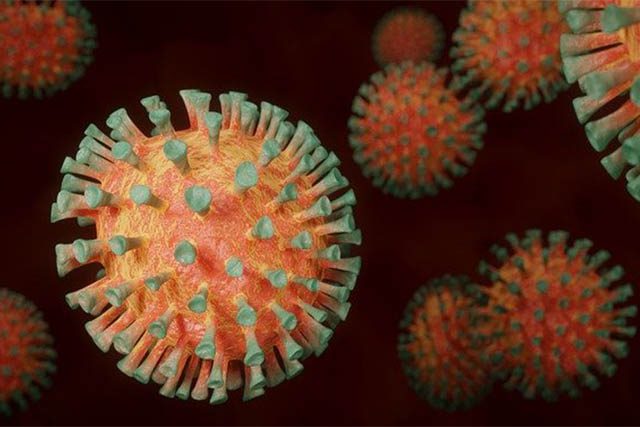The following is a summary of some recent studies on COVID-19.
They include research that warrants further study to corroborate the findings and that have yet to be certified by peer review.
Cheap antidepressant shows promise against COVID-19
Fluvoxamine, an inexpensive antidepressant, might help keep patients with COVID-19 from developing severe disease, according to a new study published in The Lancet Global Health on Wednesday last week.
Researchers in Brazil recruited nearly 1,500 COVID-19 patients at high risk for complications and randomly assigned half of them to receive fluvoxamine by mouth for 10 days.
Everyone received standard COVID-19 treatments.
Over the next month, 11% of the fluvoxamine group needed at least six hours of emergency care or were hospitalized, compared to 16% of patients who did not get fluvoxamine, and fewer fluvoxamine patients died, the researchers.
The researchers suspect the drug is helping by limiting the ability of the virus to cause inflammation.
However, more research is needed to determine the impact of fluvoxamine because “composite outcomes” – where a variety of results are lumped together for analysis – are unreliable, according to an editorial by Otavio Berwanger of Hospital Israelita Albert Einstein in Sao Paulo.
Reinfection odds higher for unvaccinated COVID-19 survivors
While SARS-CoV-2 infection induces antibodies that protect against reinfection, those antibodies may not protect as well as vaccine-induced antibodies, according to a study of hospitalized adults who displayed COVID-like symptoms.
Of 6,328 patients who were vaccinated in the previous three to six months, 5.1% were confirmed to have COVID-19. That compared to 8.7% of 1,020 patients who had contracted the virus in the last three to six months but who had not opted to get vaccinated.
After accounting for risk factors, the odds of a COVID-19 diagnosis were more than five-fold higher for the unvaccinated survivors, researchers reported on Friday in the CDC’s Morbidity and Mortality Weekly Report.
“All eligible persons should be vaccinated against COVID-19 as soon as possible, including unvaccinated persons previously infected with SARS-CoV-2,” they said.
Ear infection by virus may explain hearing, balance problems
The coronavirus can infect cells of the inner ear, researchers found in a study that may help explain the balance problems, hearing loss and tinnitus, or ringing in the ears experienced by some COVID-19 patients.
Using cellular models of the human ear, plus samples of inner ear tissues from mice and humans, researchers found that inner ear cells “have the molecular machinery to allow SARS-CoV-2 entry” and that the virus can indeed infect those cells, according to a report published on Friday in Communications Medicine by the team from MIT and Massachusetts Eye and Ear Hospital in Boston.
The virus might enter the ears via the eustachian tube, which connects the nose to the ear, or it might travel via nerves that carry smells from the nose to brain and from there via nerves that connect to the inner ear, the authors speculate.
They hope now to use their human cellular models to test possible treatments for inner ear infections caused by SARS-CoV-2 and other viruses.
CDC, FDA tally side effects from 300 million vaccines
Safety data from nearly 300 million doses of COVID-19 mRNA vaccines administered in the first six months of the U.S. vaccination program show the majority of reported adverse events were mild and brief, researchers from the U.S. Centers for Disease Control and Prevention and the U.S. Food and Drug Administration said this week.
Between mid-December 2020 and mid-June this year, more than 298 million doses of the vaccines from Pfizer/BioNTech and Moderna were administered, the researchers reported on Thursday on medRxiv ahead of peer review.
The Vaccine Adverse Event Reporting System (VAERS) received more than 340,000 reports of side effects, of which 6.6% were serious but not deadly and 1.3% were fatal.
Among roughly 8 million users of the CDC’s v-safe app, which surveys people about their COVID-19 vaccination experiences, more than half reported some kind of reaction, usually one day after the injection, and more often after the second dose, but fewer than 1% reported seeking medical care.
“Based on the most current information,” the report concludes, serious side effects of the vaccines “are rare.”
—Reporting by Nancy Lapid; Editing by Tiffany Wu










